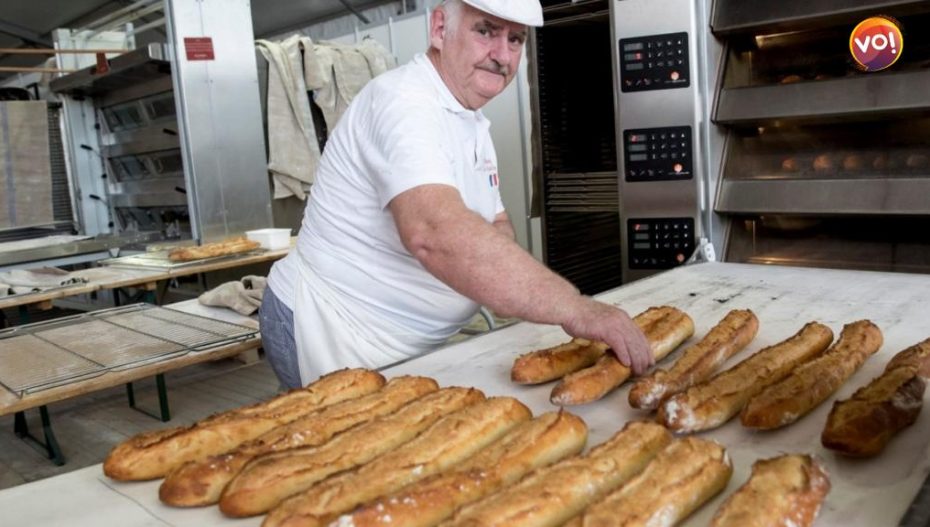It is more French than, perhaps, the Eiffel Tower or the Seine. It is the baguette, the bread that became an essential part of French identity. On Wednesday, UNESCO, the United Nations heritage agency, added it to its exalted “intangible cultural heritage” list.
UNESCO’s choice came as boulangeries in rural areas are vanishing, hammered by economic forces. The economic crisis gripping Europe has also pushed the baguette’s price higher than ever.
“It is good news in a complicated environment,” said Dominique Anract, the president of the National Federation of French Bakeries and Patisseries.
A French delegation celebrated the announcement, delivered on Wednesday in Rabat, Morocco, in classic French style — by waving baguettes and trading “la bise,” the traditional two kisses, one for each cheek.
President Emmanuel Macron of France described the baguette on Twitter as “250 grams of magic and perfection in our daily lives.”
Though just one of many breads that can be found in a typical boulangerie, the baguette is by far the most popular in France. More than six billion are sold every year in the country, according to the federation.
The baguette’s creation is the source of many urban legends: Napoleon’s bakers supposedly created it as a lighter and more portable loaf for the troops; Parisian bakers were said to have made it a rippable consistency to stop knife fights between factions building the city’s subway system.
In truth, historians say, the bread developed gradually. Originally considered a bread for better-off Parisians who could afford to buy a product that went stale quickly, unlike the peasant’s heavy, round miche that could last a week — the baguette became a staple in the French countryside only after World War II.
But the first to talk about how the French were eating baguettes came from tourists at the beginning of the 20th century. It was the outsiders’ view that tied the French identity to the baguette.
Since then, the French have embraced it, hosting an annual competition outside the Notre-Dame cathedral in Paris to judge the best baguette creator in the country. The winner bags a yearlong contract to serve the Élysée Palace, where the president resides and works.
Also Read: Scindia Introduces DigiYatra App, Ends Requirement Of Boarding Pass At Airports













